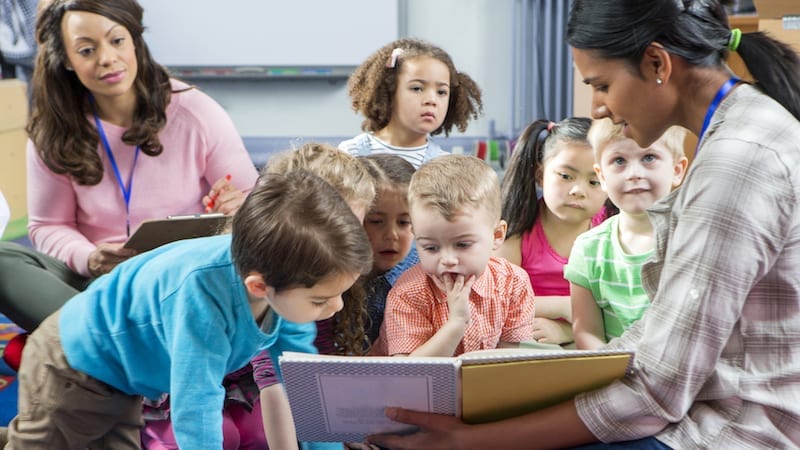
Beyond Academics Montessori’s While academic achievements are essential, they only represent a fraction of what makes an individual truly educated. Dr. Maria Montessori’s holistic approach to education went far beyond the confines of traditional academic instruction, placing significant emphasis on character and moral development. This article will shed light on Montessori’s deep-rooted belief in nurturing the spirit alongside the intellect.
Montessori’s Vision of the “Whole Child”
Dr. Montessori’s perception of education was not limited to intellectual stimulation. She saw the child as a complete being, with emotional, moral, and spiritual facets that require equal nurturing. To her, education was a means to develop children into well-rounded, ethically conscious adults.
Core Tenets of Montessori’s Moral Education
- Grace and Courtesy: Montessori classrooms introduce children to essential societal norms and polite interactions, fostering respect for oneself and others.
- Peace Education: Montessori believed in the power of education to create a peaceful world. Concepts of non-violence, conflict resolution, and global citizenship are integral to the curriculum.
- Community Living: The Montessori environment mimics a small community, instilling values like sharing, collaboration, and responsibility.
- Self-Discipline: Rather than imposing external discipline, Montessori fosters an internalized sense of order and self-regulation in children.
- Cultural Appreciation: A global perspective and understanding of diverse cultures instill tolerance and a sense of interconnectedness.
Tools and Activities for Moral Development
- Role-Playing: Through role-playing exercises, children practice conflict resolution, empathy, and perspective-taking.
- Stories and Biographies: Narratives about moral dilemmas, historical figures, or global challenges provoke thought and discussion on ethics.
- Community Projects: Engaging in community service or group projects teaches children the importance of giving back and collective responsibility.
- Silent Time: Moments of silence or reflection allow children to introspect, appreciate, and cultivate inner peace.
Montessori Conferences and Moral Education
Delving deeper into character education within the Montessori context requires continuous learning and sharing among educators. Montessori conferences, like the Children Change The World Montessori Conference in Canada, often address this pivotal aspect. The event provides a platform for educators to discuss, learn, and refine their approach towards moral education. Check out related sessions in their schedule at www.childrenchangetheworld.com/schedule.
Conclusion
Montessori’s focus on character and moral development is a testament to its holistic approach to education. By considering the emotional and moral facets of a child’s growth alongside academic progress, Montessori paves the way for creating not just informed, but also kind-hearted and ethically grounded individuals.
Beyond Academics Montessori’s
Montessori Education in Calgary
 Latinos en Alberta Directorio de negocios en Alberta
Latinos en Alberta Directorio de negocios en Alberta
